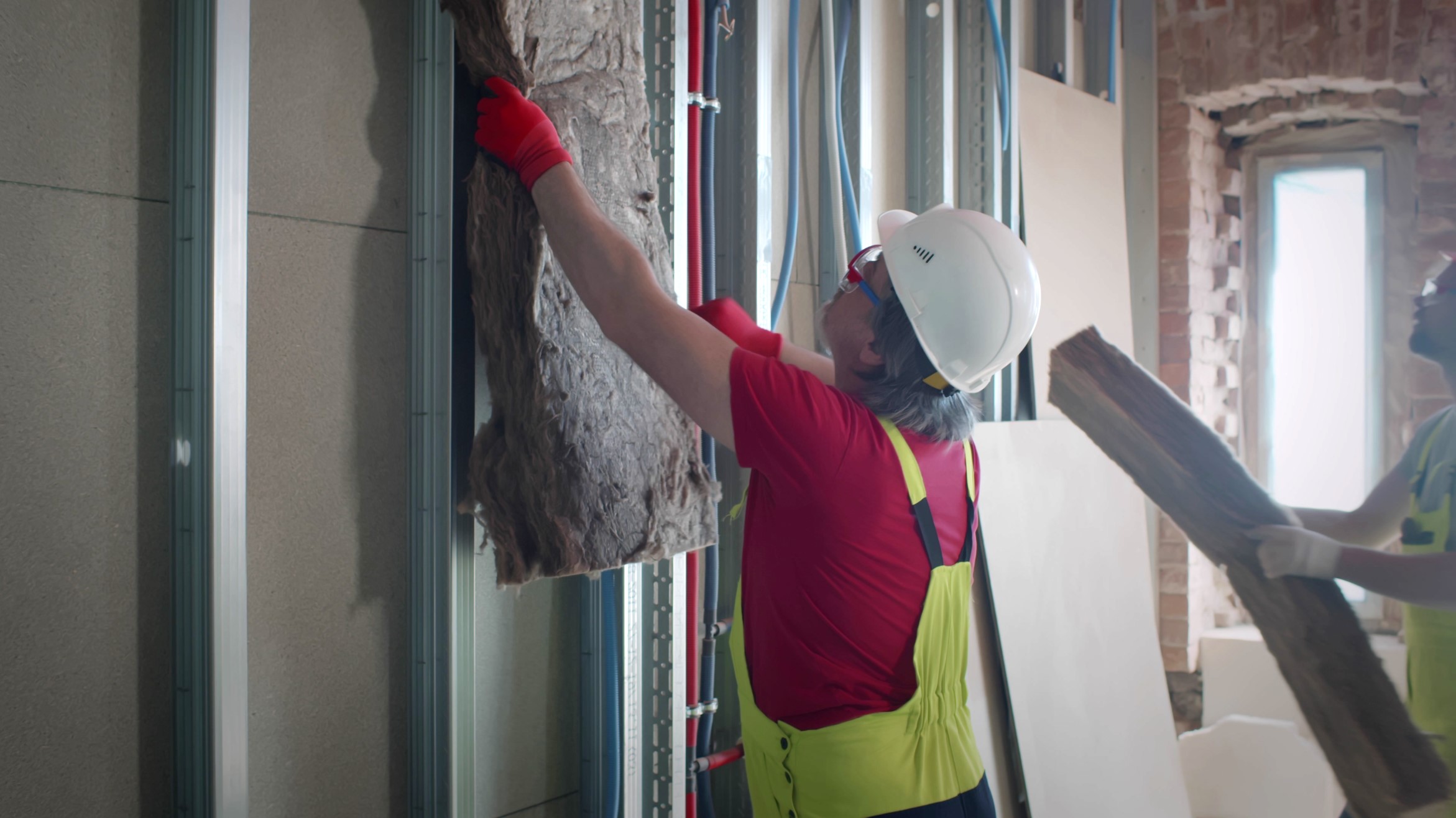EnergyMate (EM) is a partnership between electricity retailers, distribution (lines) companies, community organisations, and the government. It aims to reduce energy hardship by providing in-home advice and support. Since 2019, it is delivered by financial mentors who are already based in the communities and are likely to have a connection with the recipients of the service. It has so far provided in-home energy coaching and advice to over 500 whānau in 9 regions, helping them
decrease bills and increase the warmth of their home by:
- Getting them on the best electricity plan
- Creating an action plan to become more energy efficient and heat their home cheaply
- Referring them to services like budgeting support
- Giving them free EE technologies such as LED light bulbs.
EM coaching is being delivered by community-based financial mentors and budgeting advisors, who took the energy hardship training Beacon Pathway developed (with some input from the electricity industry), called Home Performance Advisor - Healthy homes: Making energy work for whānau at home (HPA HH). The pilot (now on its third expansion) targets those families in greatest need of assistance. All EM families live in high deprivation areas, most in rental accommodation (40% private rentals, 39% Kāinga Ora), and most whānau identified as Māori or Samoan. Over half had been referred to budget advisory services.
The EnergyMate primary objectives are to:
- Provide practical knowledge to whānau and increase their ability to actively manage their household’s energy use and costs;
- Support whānau onto the most appropriate consumer plan and tariff for their current circumstances and connect them with their retailer;
- Connect whānau into relevant services as required (housing, budgeting, social services); and thus
- Decrease the impact of energy vulnerability on the ability of whānau to make their homes warmer and healthier.
These outcomes were sought through three key approaches:
- Partnering with local community-based budgeting providers to deliver a personalised in-home service.
- Combining energy literacy with budget support expertise to ensure electricity plans and tariffs work for whānau budgets. This approach avoids delivering energy literacy in isolation from the context of household income as a core factor of energy vulnerability.
- Collaborating with energy retailers to deliver a joined-up EM service that can effectively broker between whānau and retailers to support a positive customer relationship and ensure whānau are on the most appropriate consumer plan and tariff for their current circumstances. This also means energy retailers’ customer services are aware of the EM service and can respond effectively when contacted.
Some concrete Key Performance Indicators (KPIs) include:
- 90% of whānau said they had a better understanding of energy use after an EnergyMate visit
- 60% of whānau were successfully connected with further services to tackle energy hardship drivers
- 85% of whānau completed energy efficiency actions around their home
- The number of bills in debt fell by 35%
- The average debt per bill fell by 65%
-

-
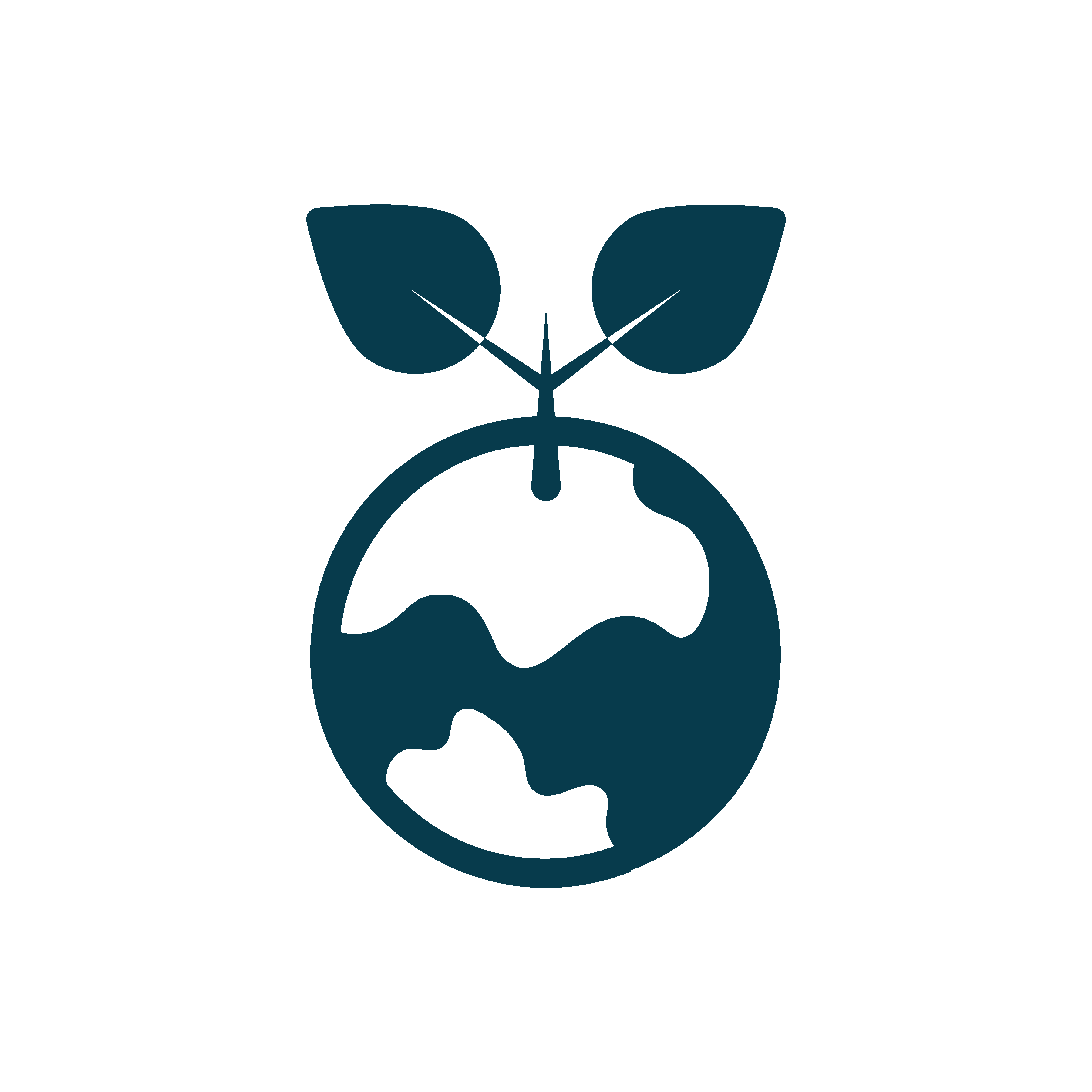 Countries impacted:
Countries impacted:
New Zealand -
 Geographical scale:
Geographical scale:
Regional and Local -
 Energy poverty phase:
Energy poverty phase:
Implementation -
 Intervention type:
Intervention type:
Capacity building and trainingConsumer Advice, protection and empowermentCommunication campaign -
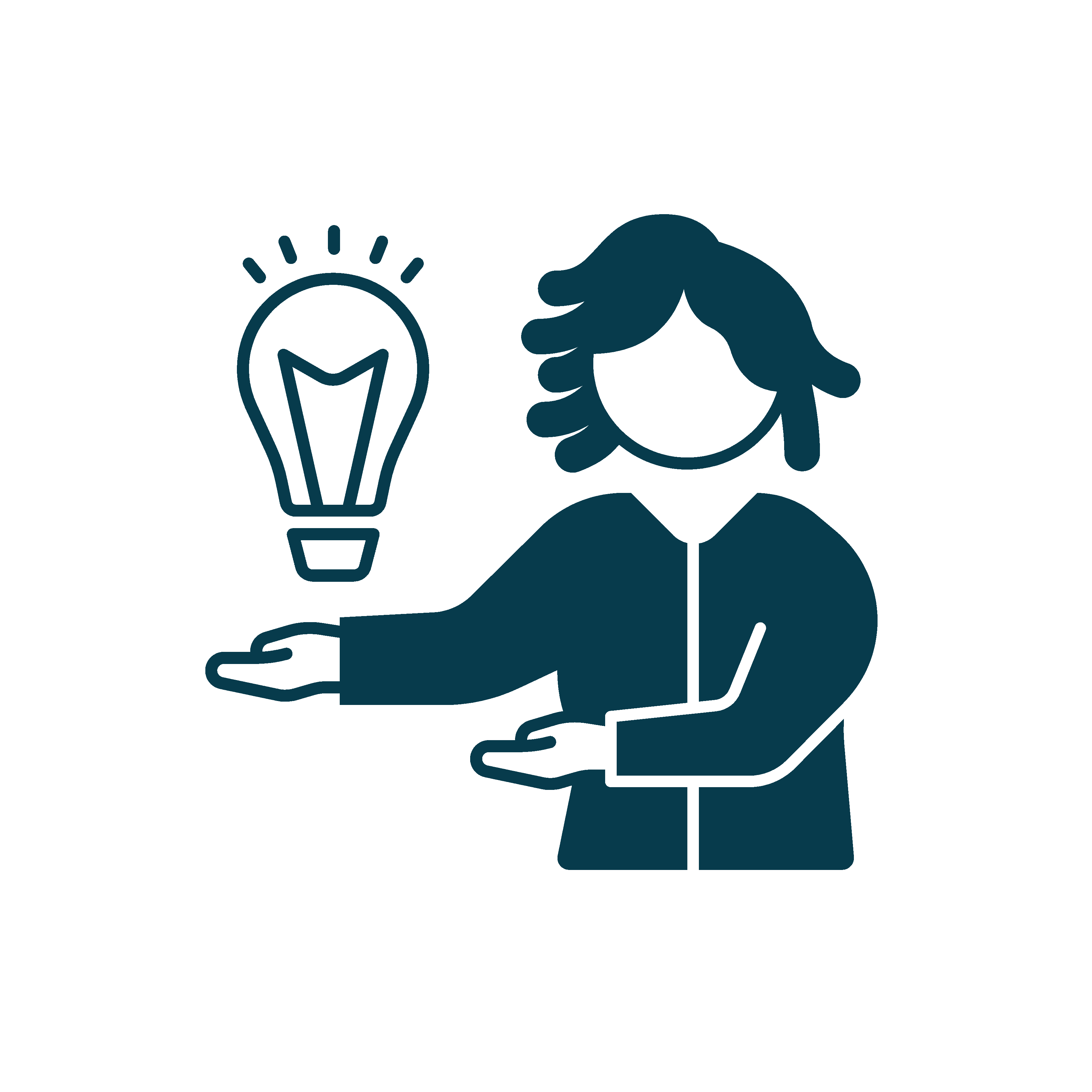 Professionals involved:
Professionals involved:
Member of a local/national authorityTechnician -
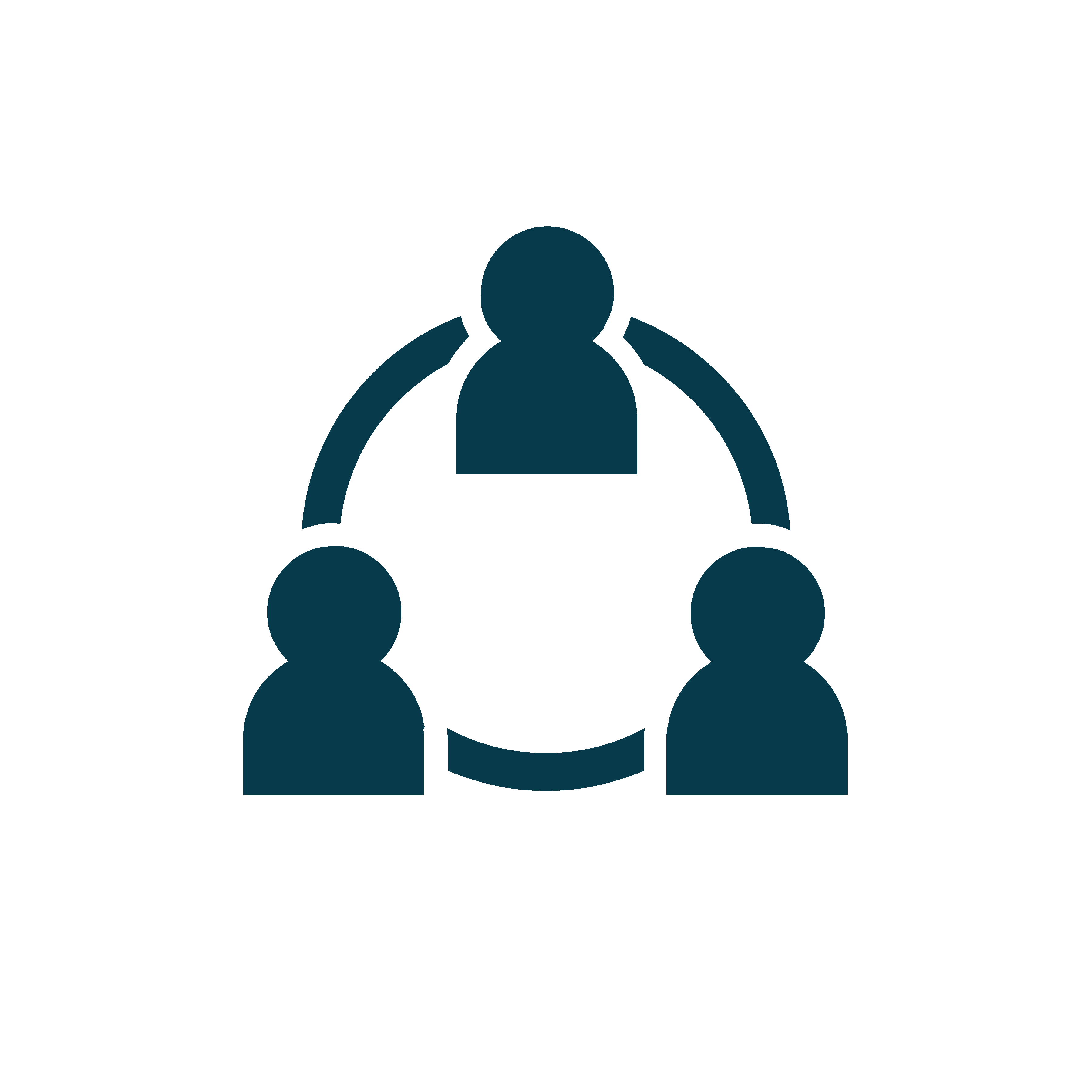 Partners involved:
Partners involved:
-
 Type of funding:
Type of funding:
Governmental -
 Website:
Website:
Case website -
SDGs addressed:

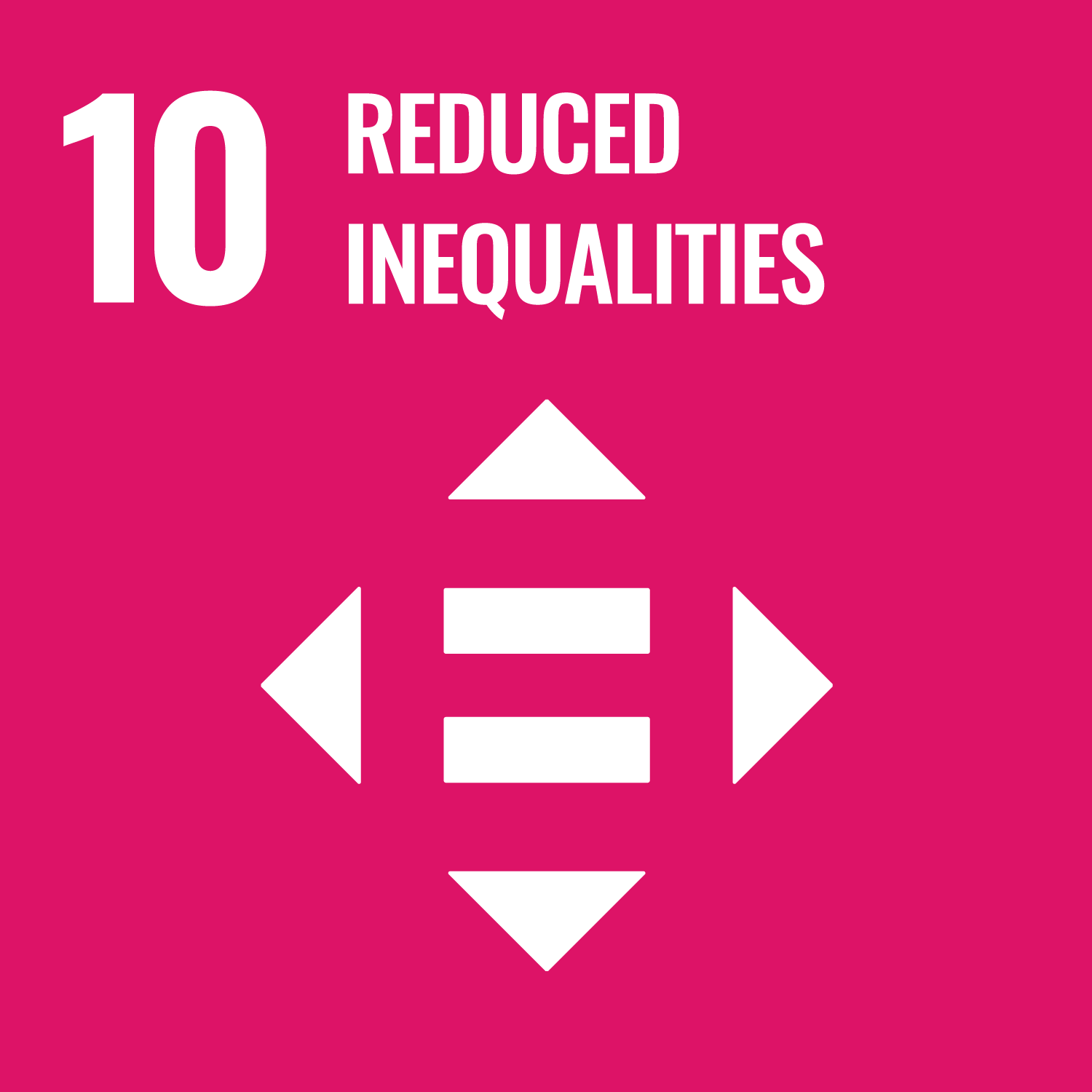

Explore more

Warmer Kiwi Homes


